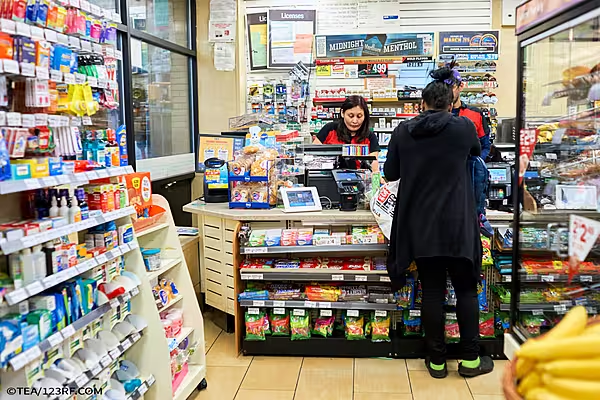British firms are becoming more optimistic about their prospects as consumers appear to be coping with Brexit-induced inflation.
Business confidence rose to a 17-month high this month, possibly because of less uncertainty about the U.K. leaving the European Union after Prime Minister Theresa May triggered formal negotiations in March, according to Lloyds Bank. While consumer confidence has dropped, it was “surprisingly stable” in April given accelerating inflation and stagnating wages, GfK said in a separate report.
“We have not seen any evidence of the predicted post-trigger downturn, despite high levels of concern about the general economic situation of the country,” said Joe Staton, head of market dynamics at GfK. “For the moment, consumer sentiment remains relatively buoyant.”
The currency has been a double-edged sword for the U.K., both boosting exports and squeezing consumer spending. Bank of England policy maker Michael Saunders said earlier this month that while the long-term effects of Brexit may be detrimental, he’s expecting a rise in exports and stronger-than-expected growth over the next couple of years.
Consumer confidence fell to the lowest level since July this month, YouGov said in a separate report. While households are more concerned about their finances, the reading still showed that more were confident than unconfident.
May called an early general election to strengthen her hand in Brexit talks. The Lloyds survey of 300 businesses was conducted before that announcement.
News by Bloomberg, edited by ESM. Click subscribe to sign up to ESM: The European Supermarket Magazine.











